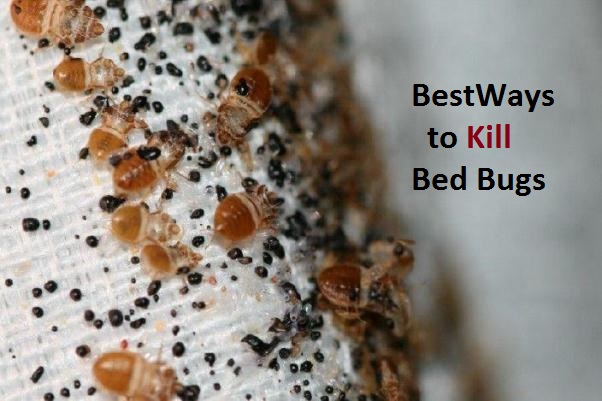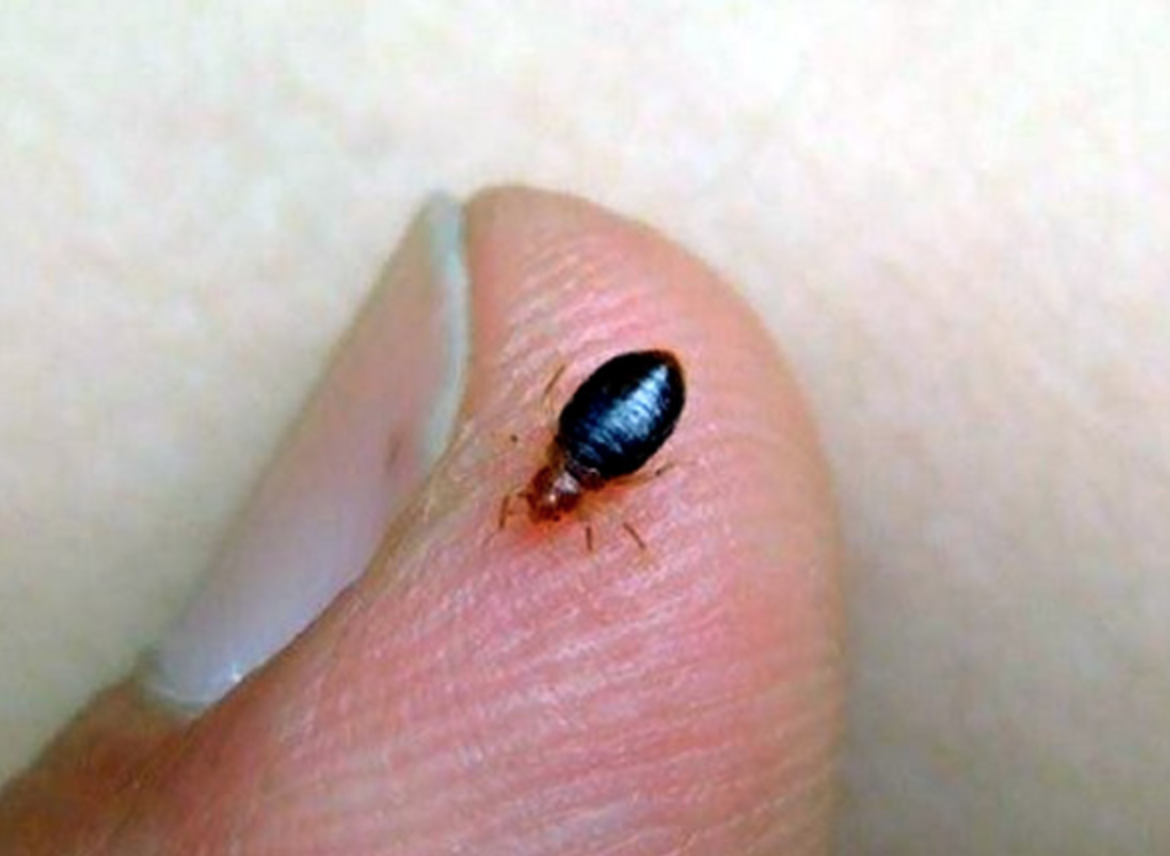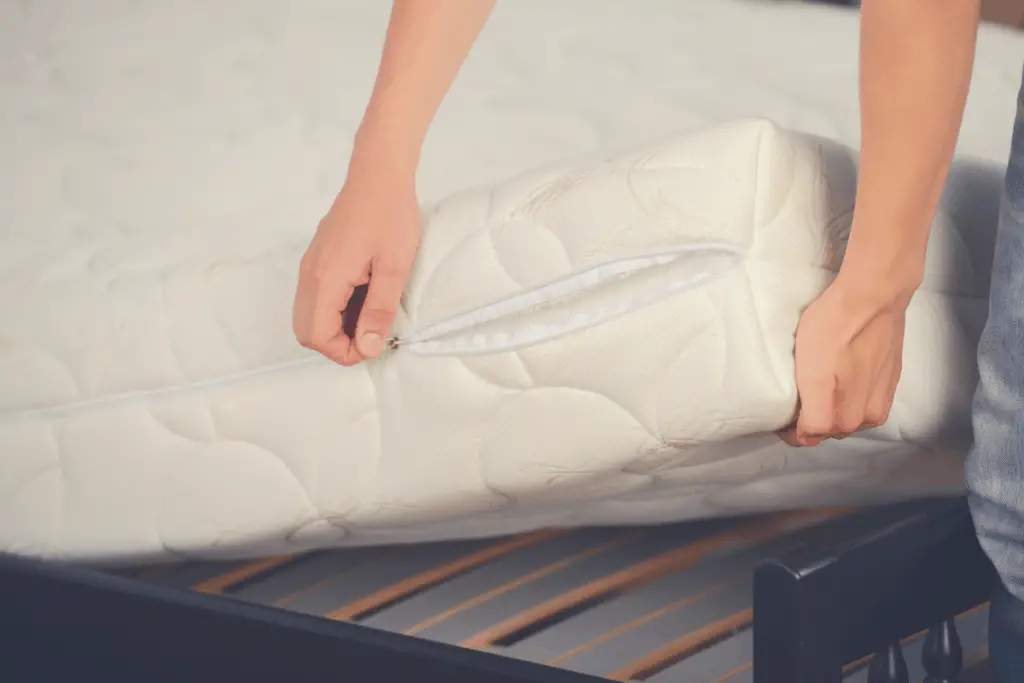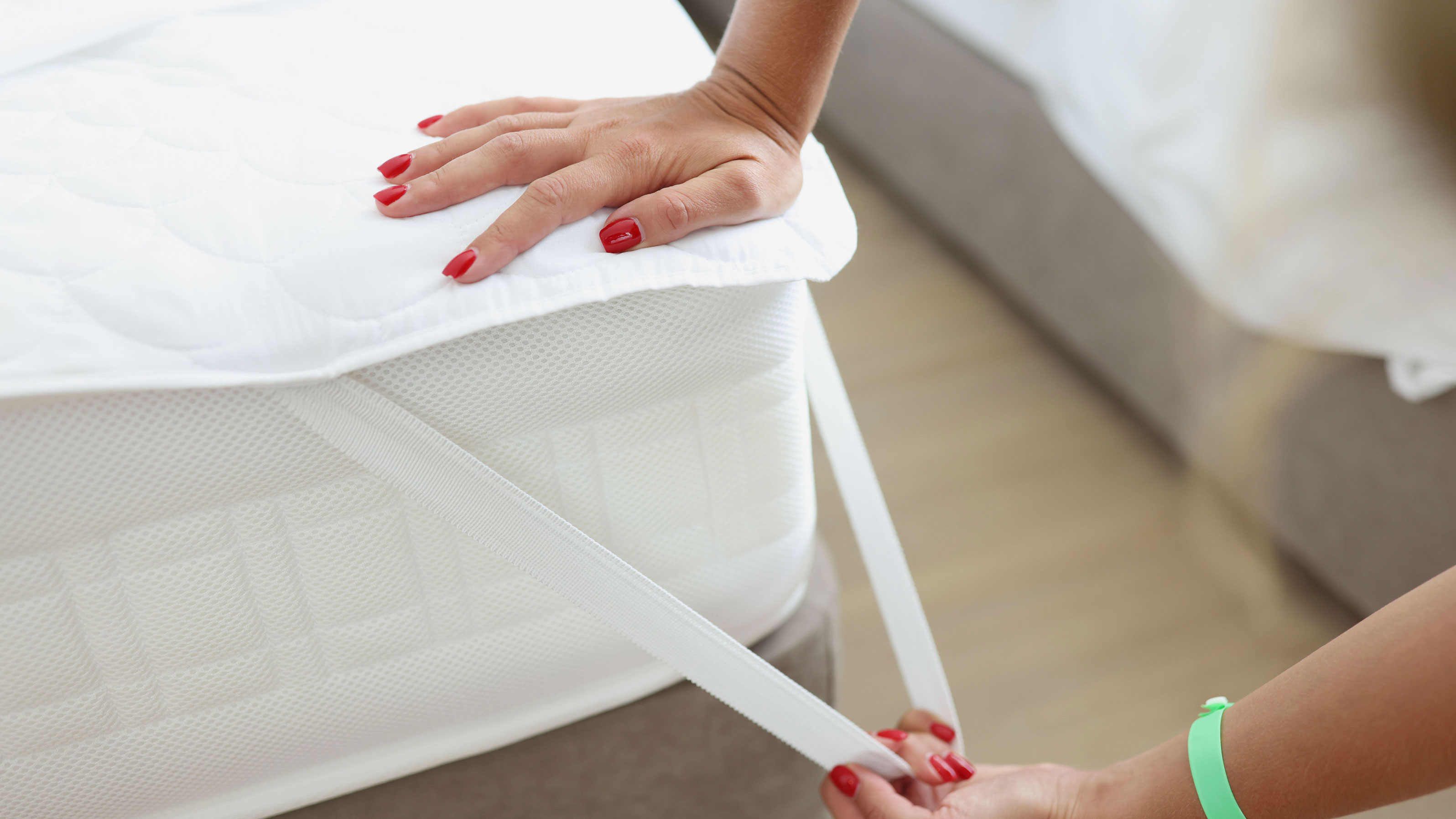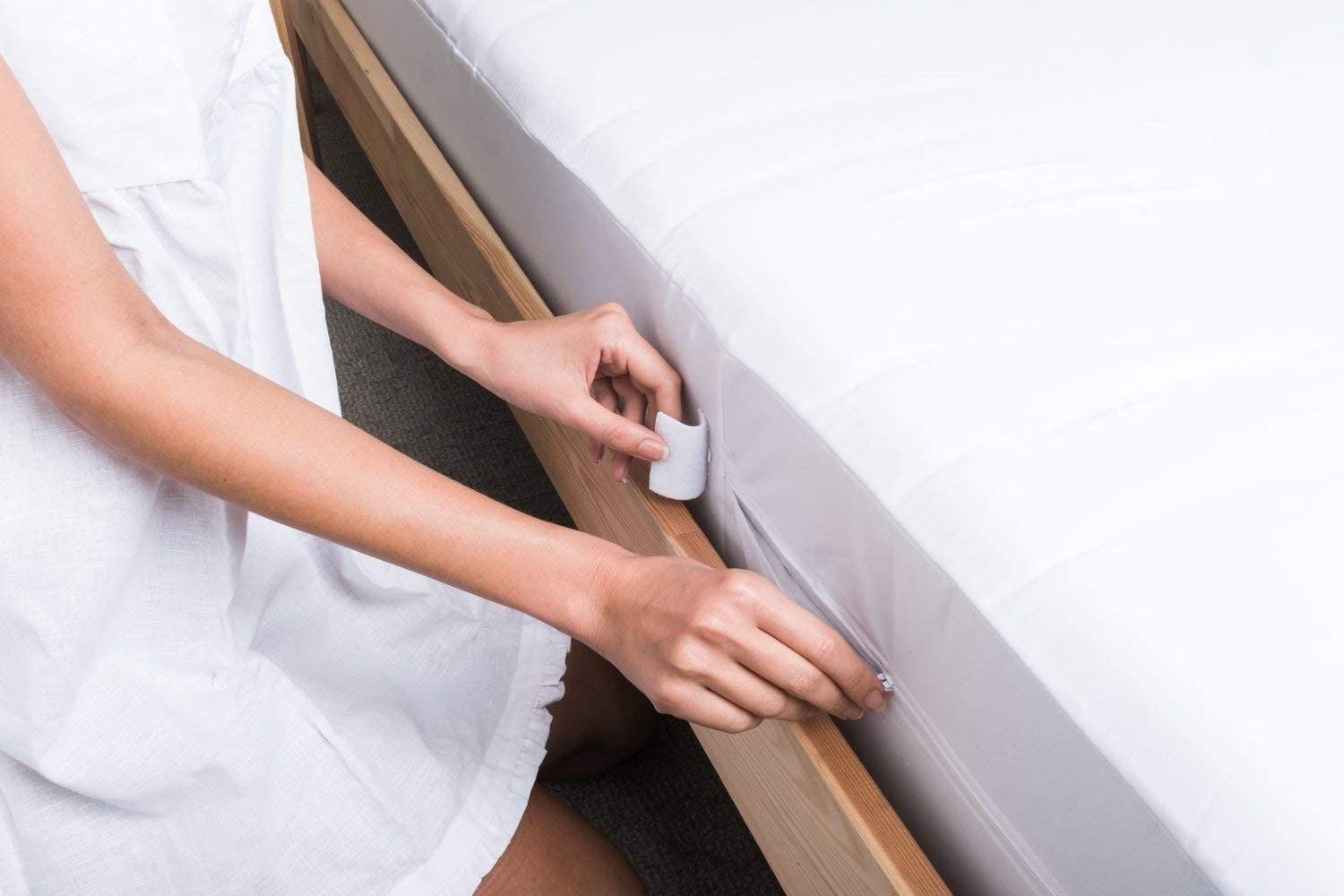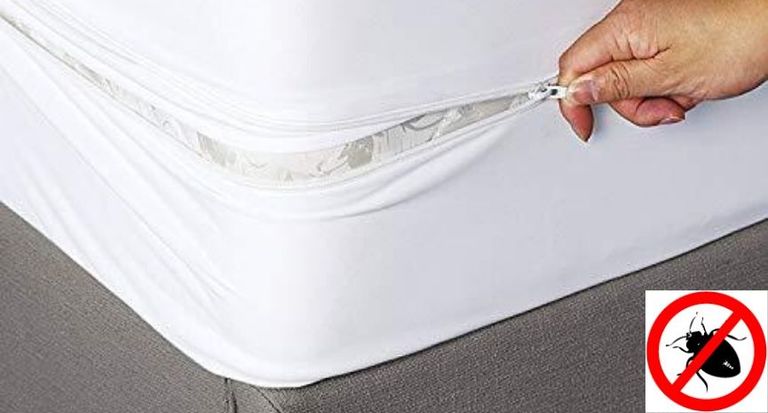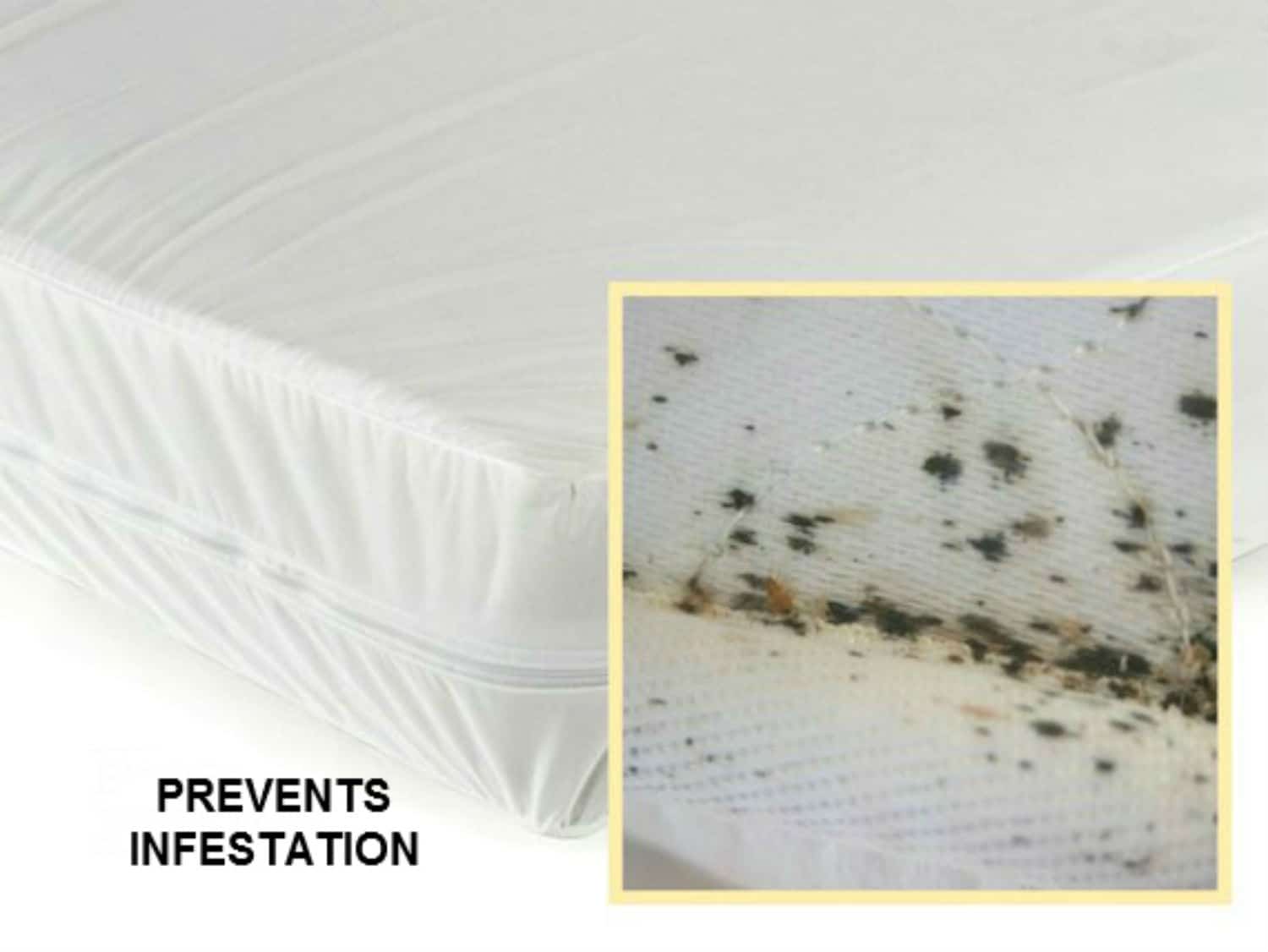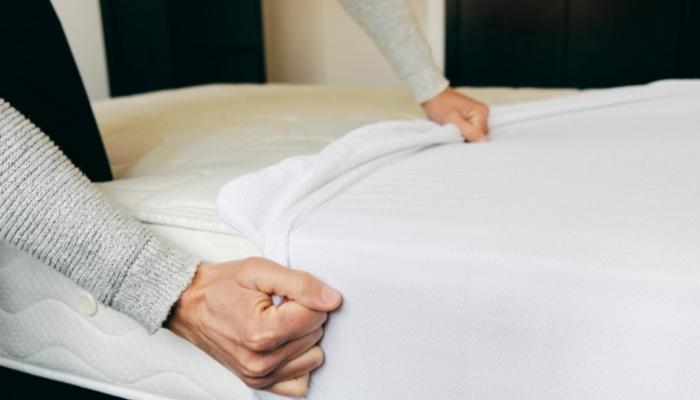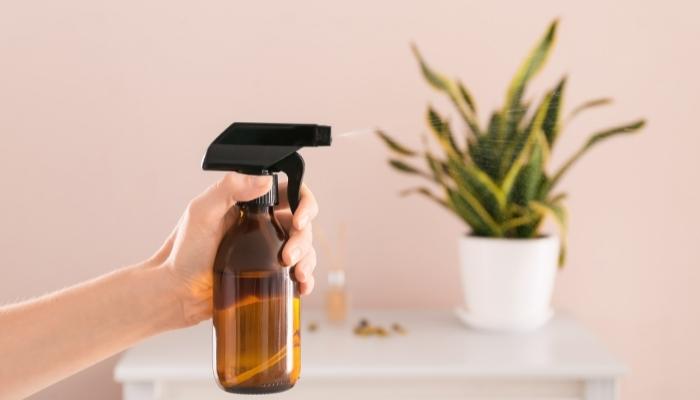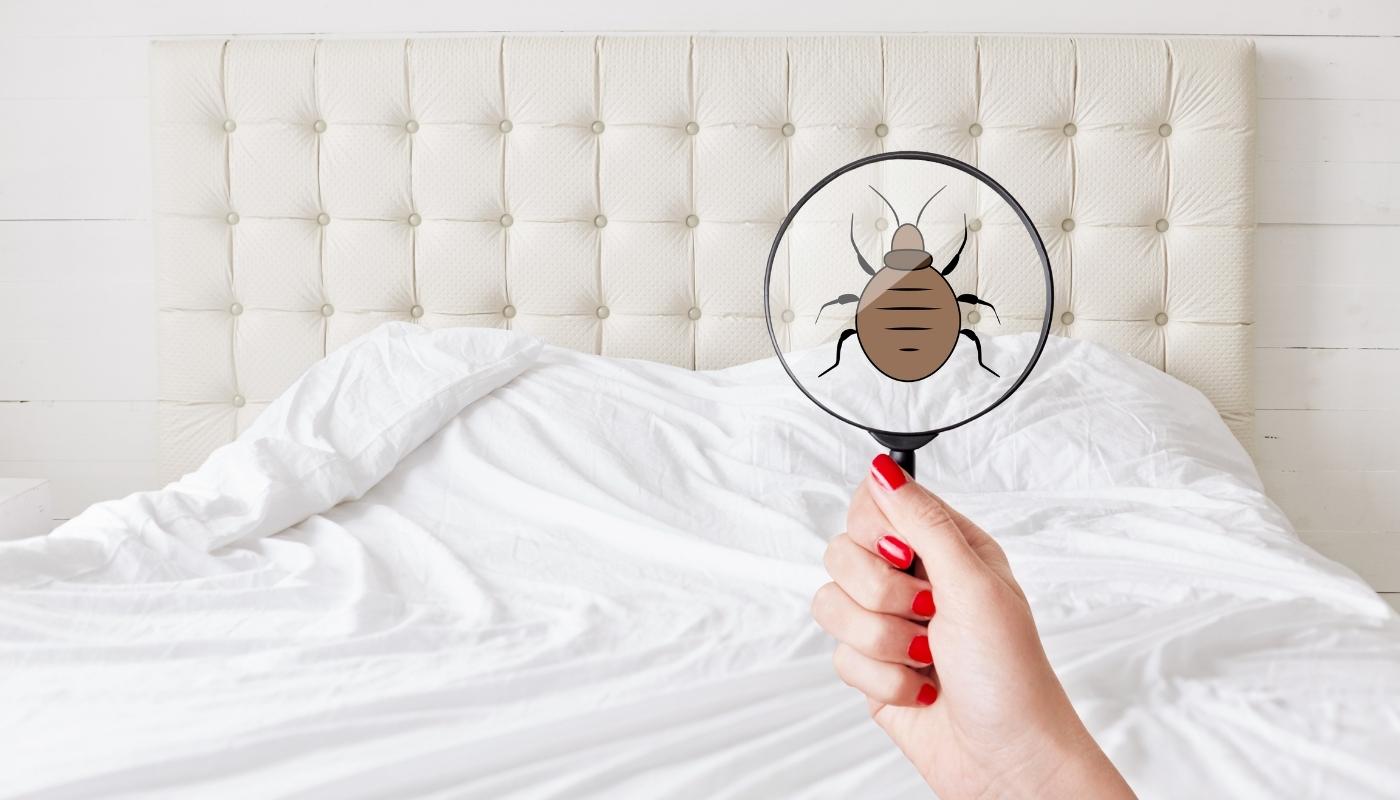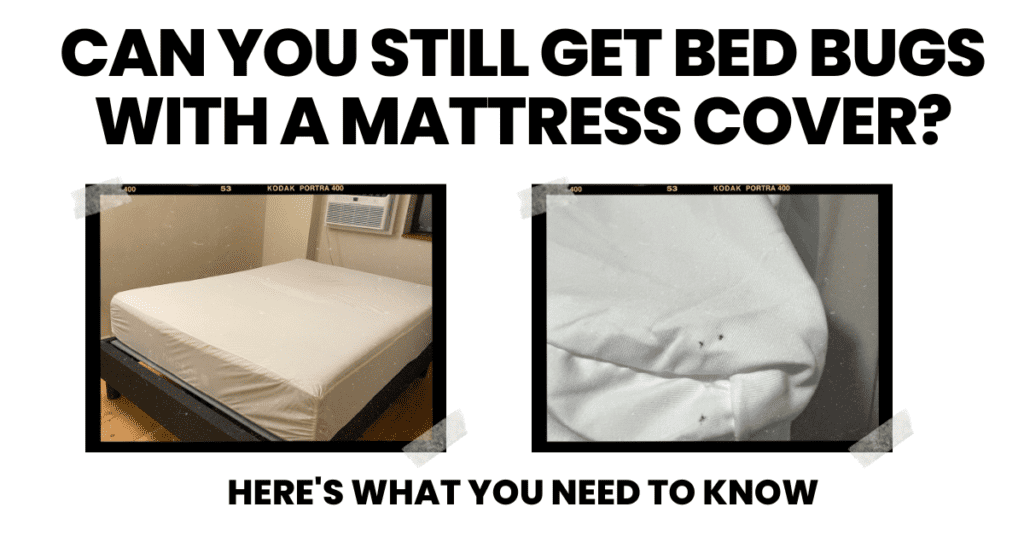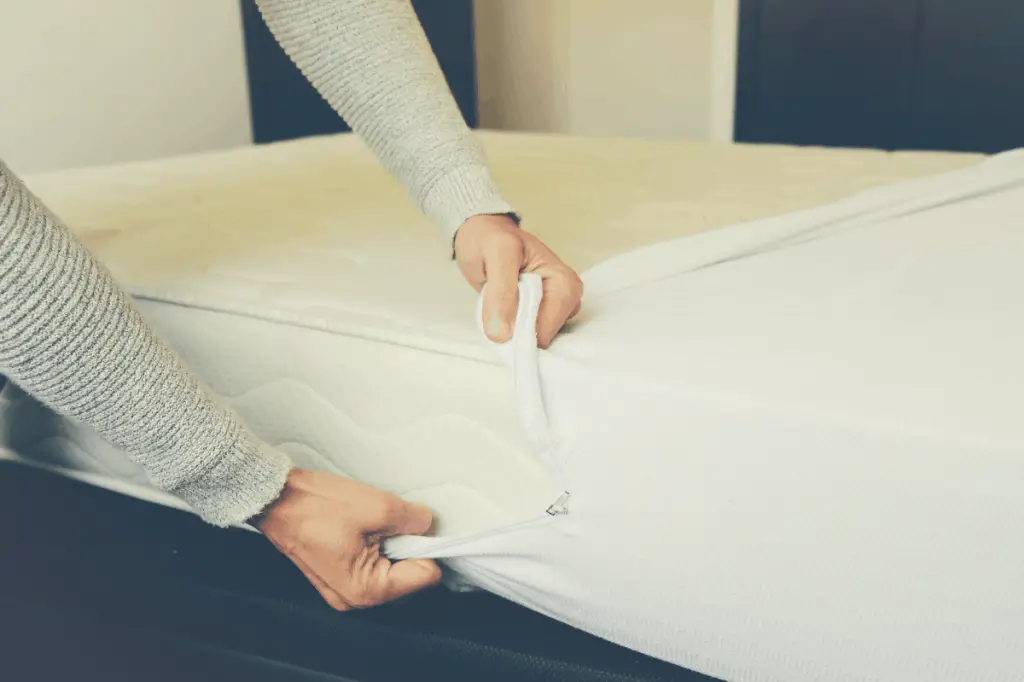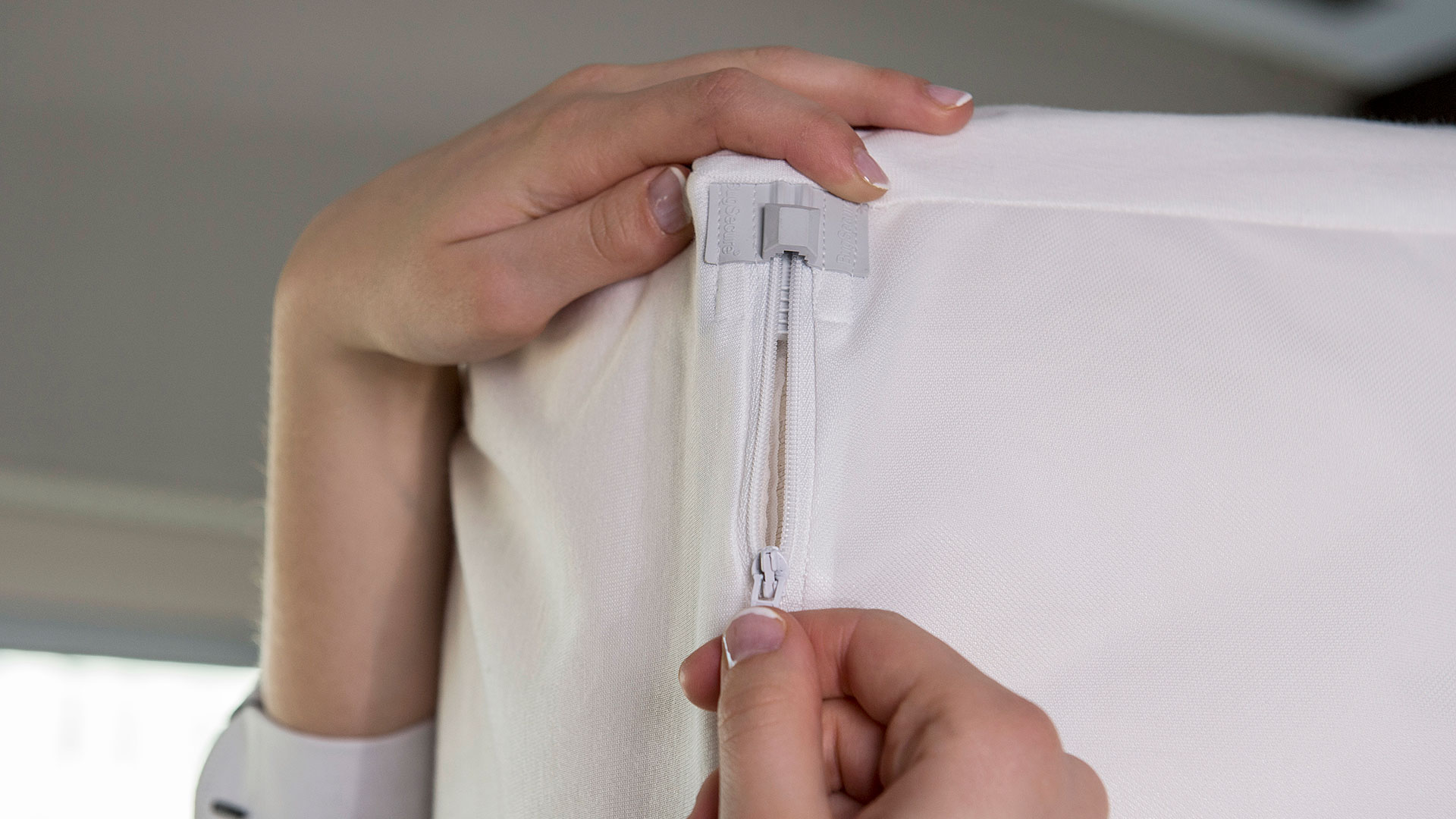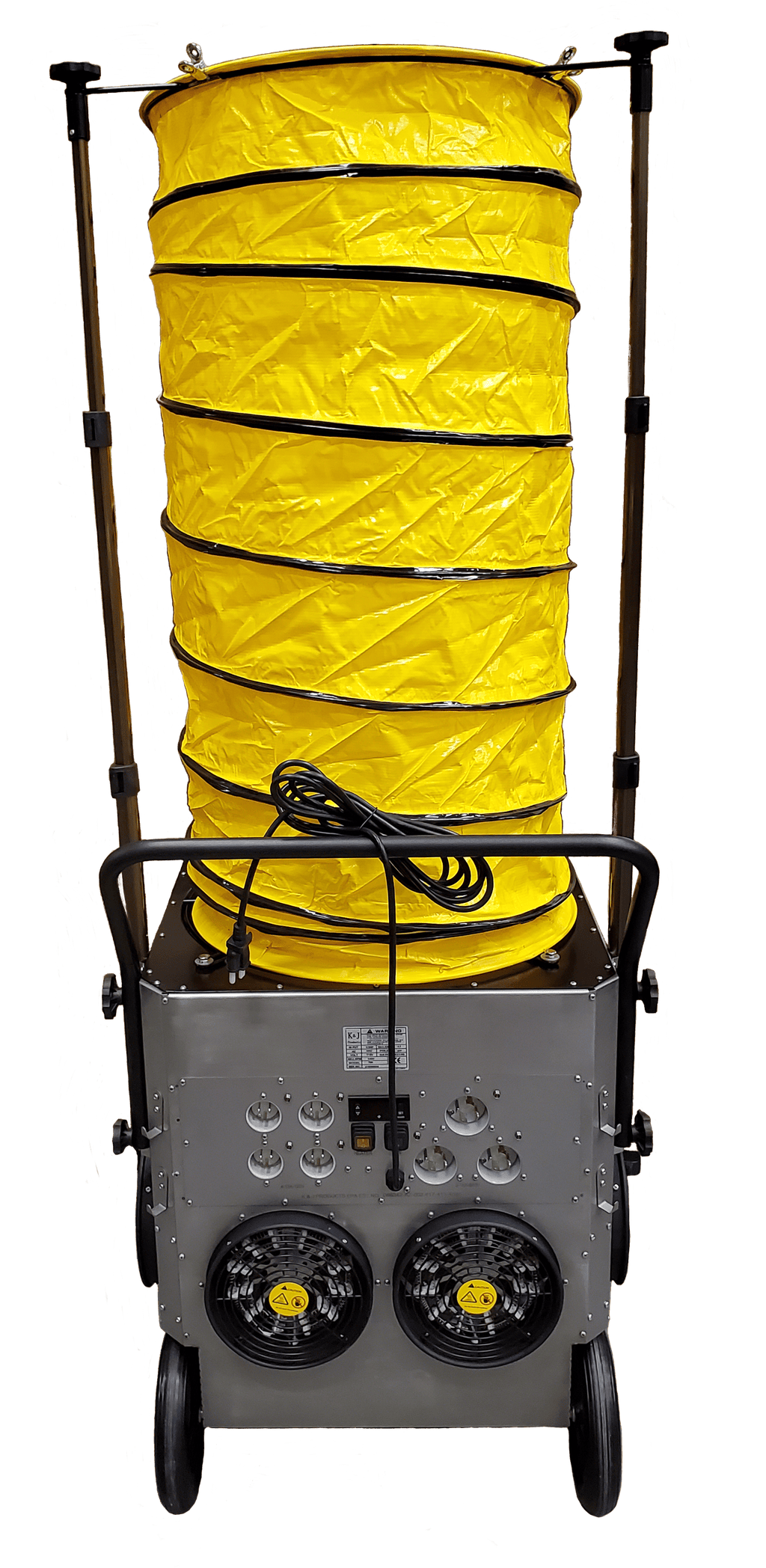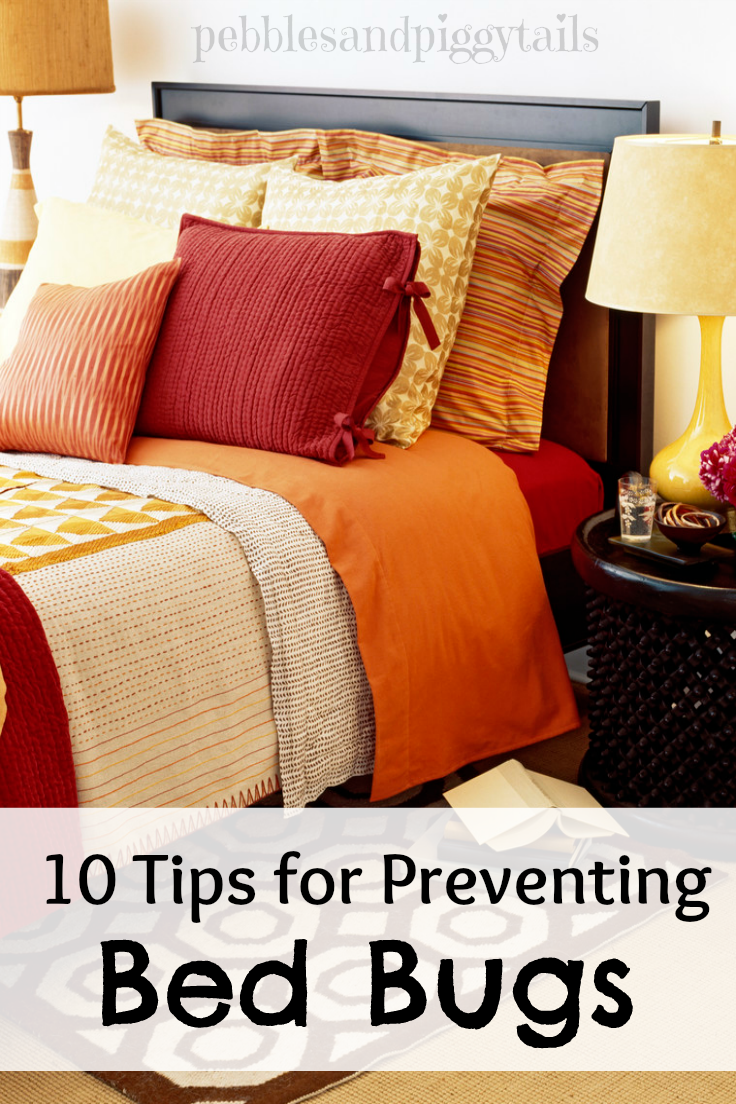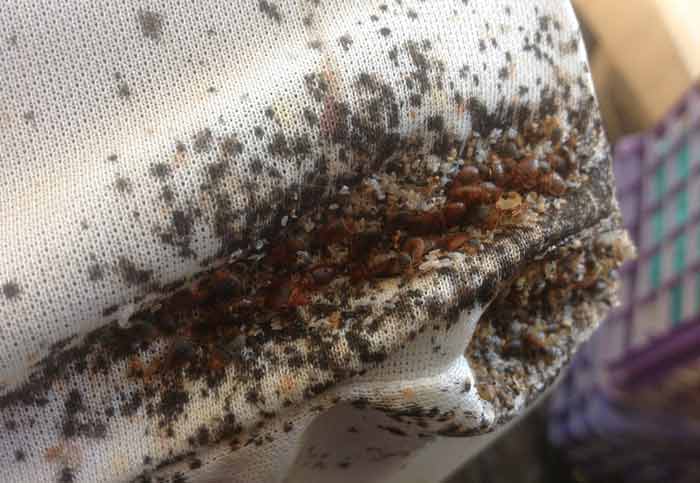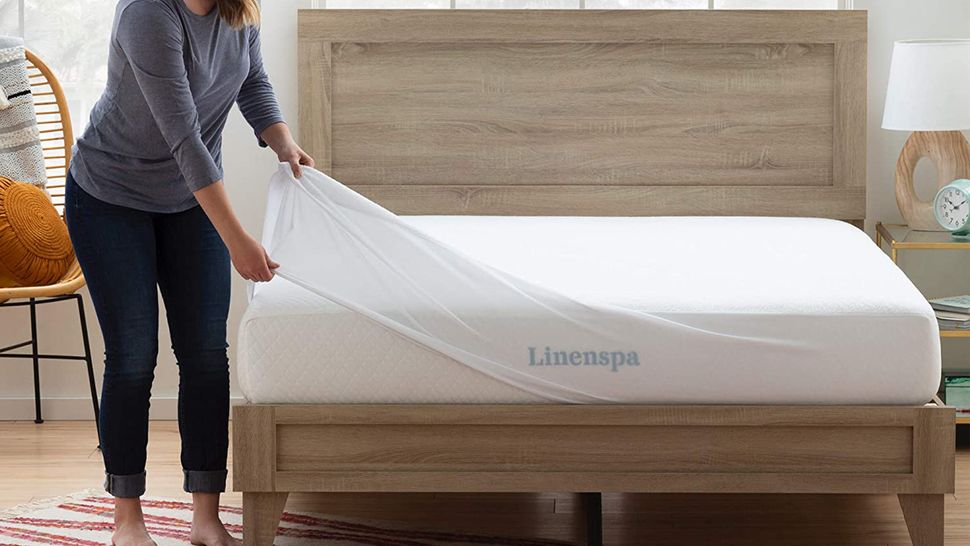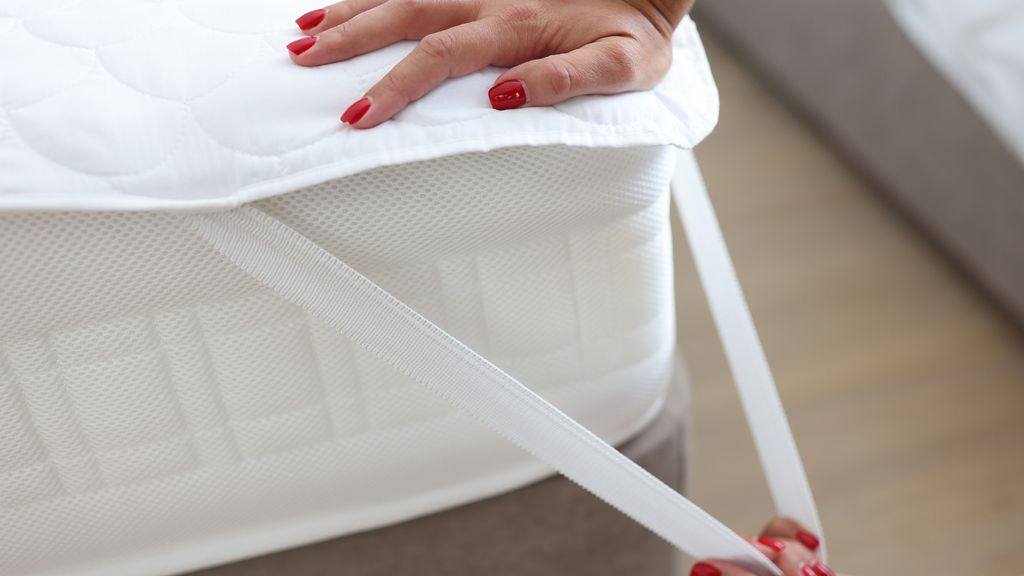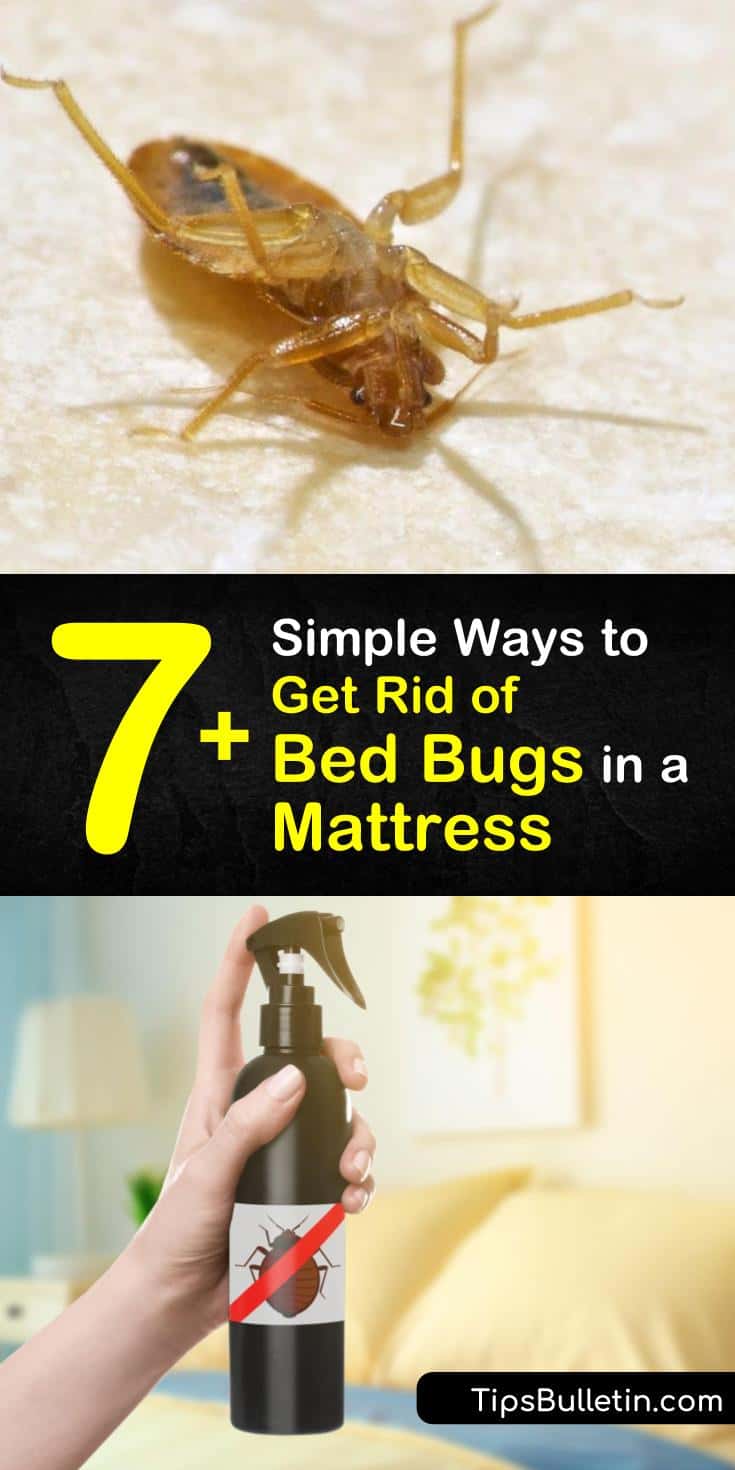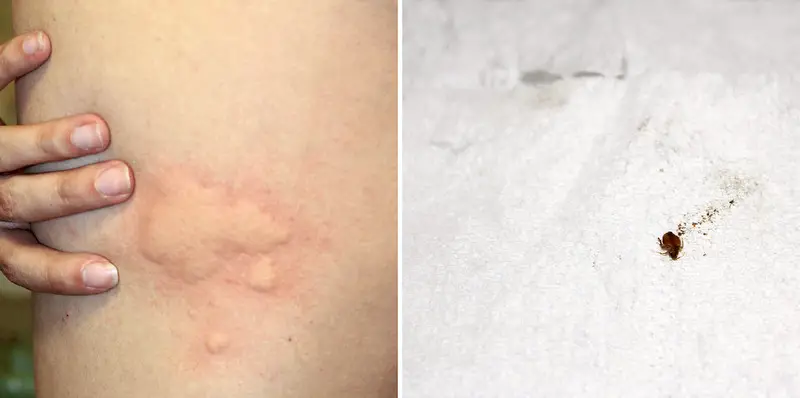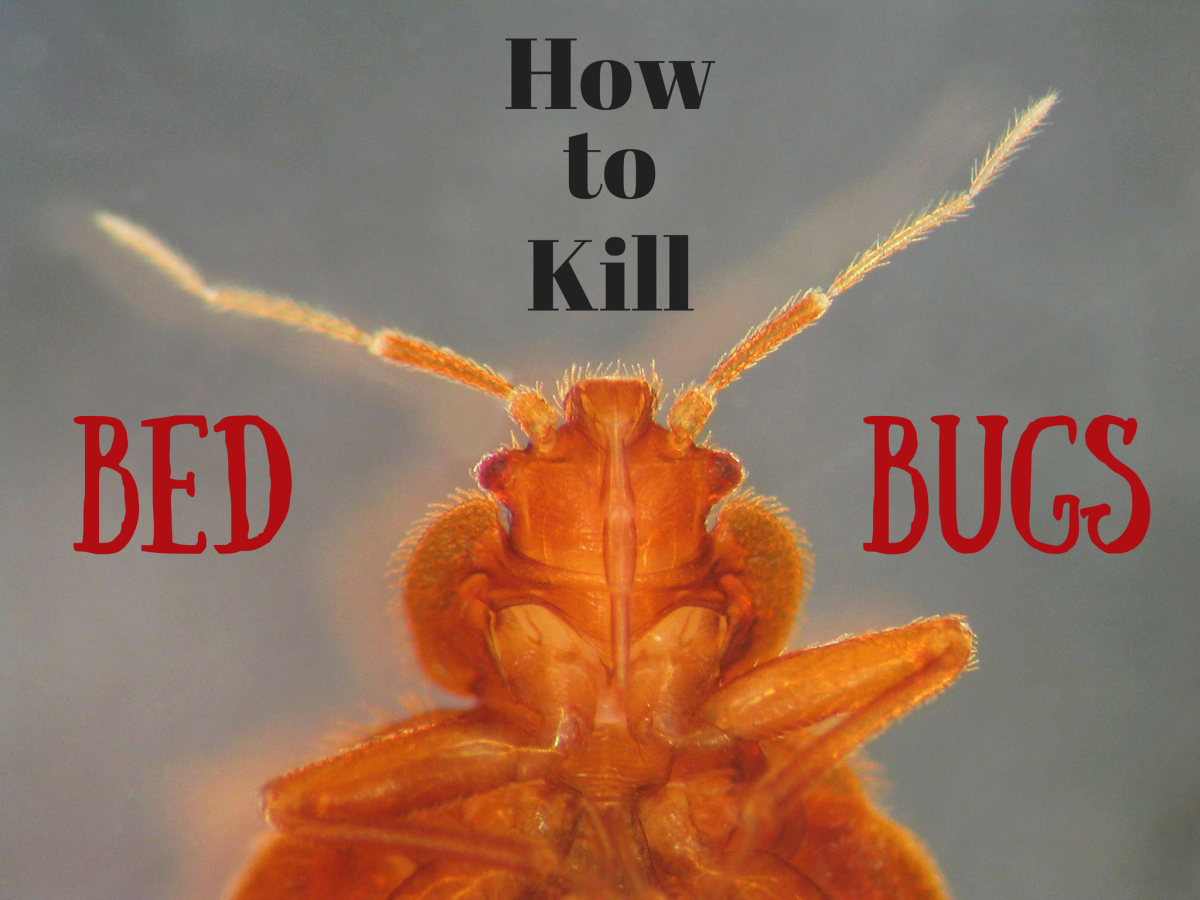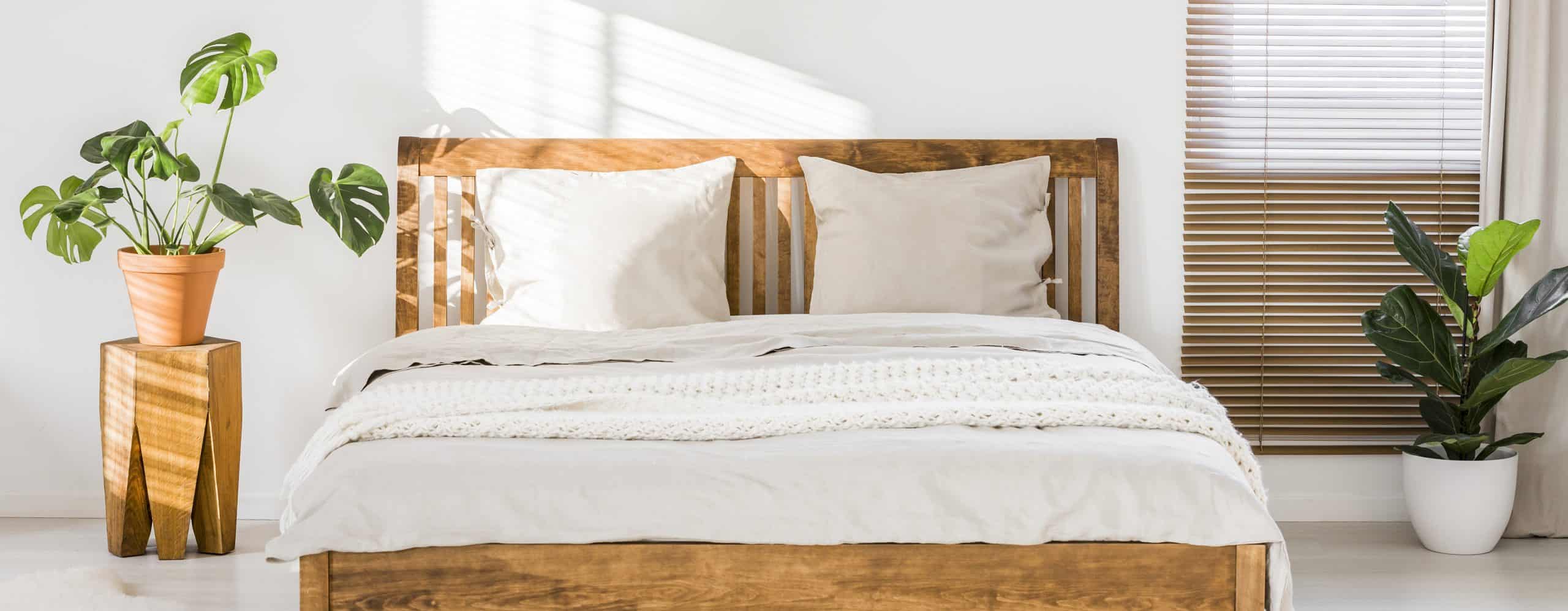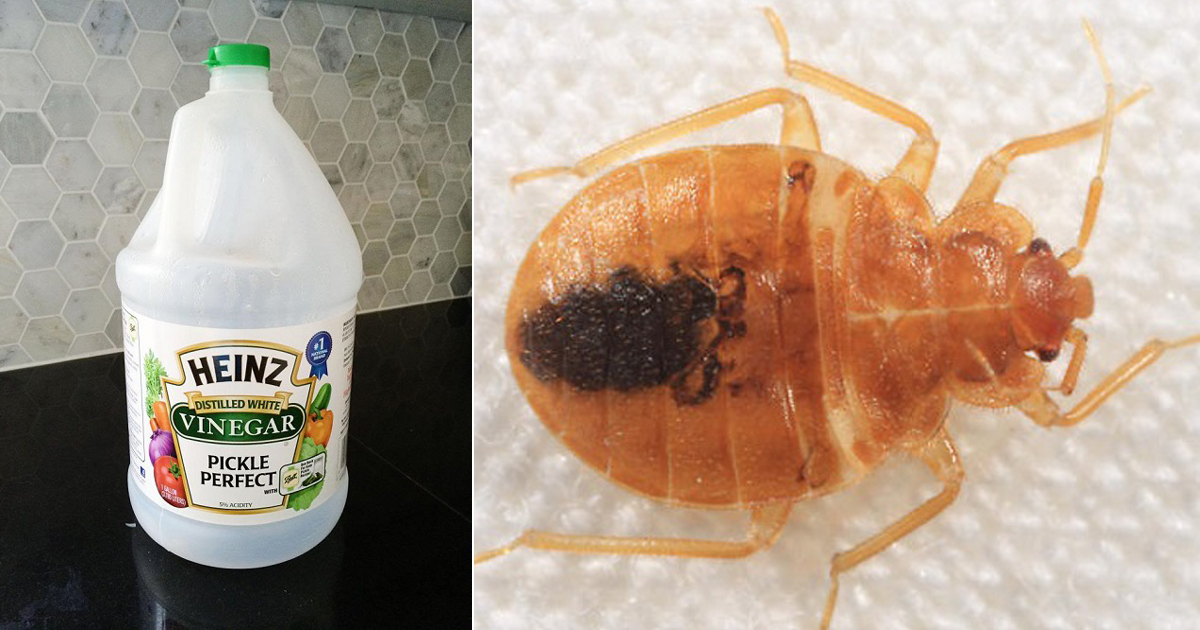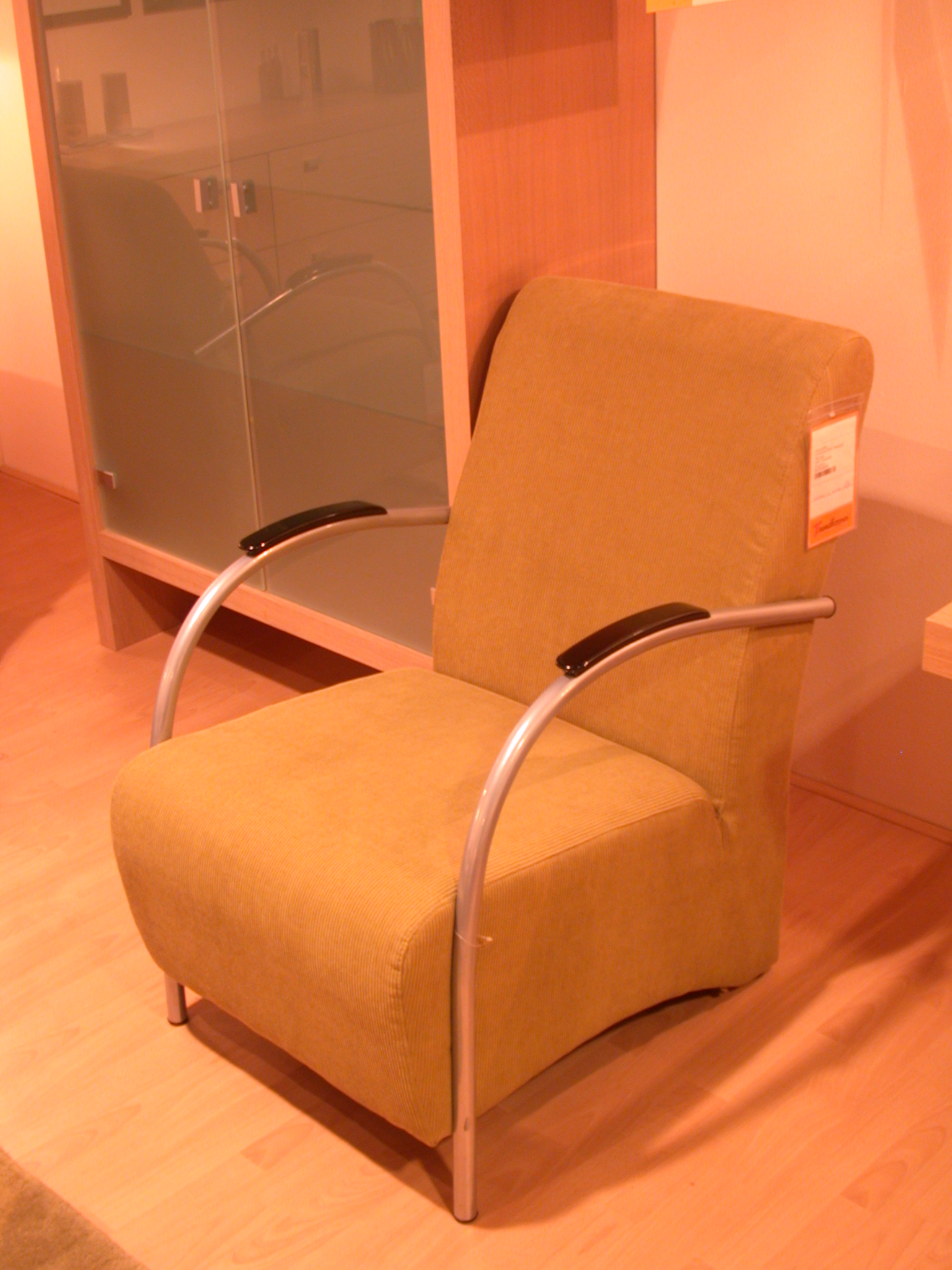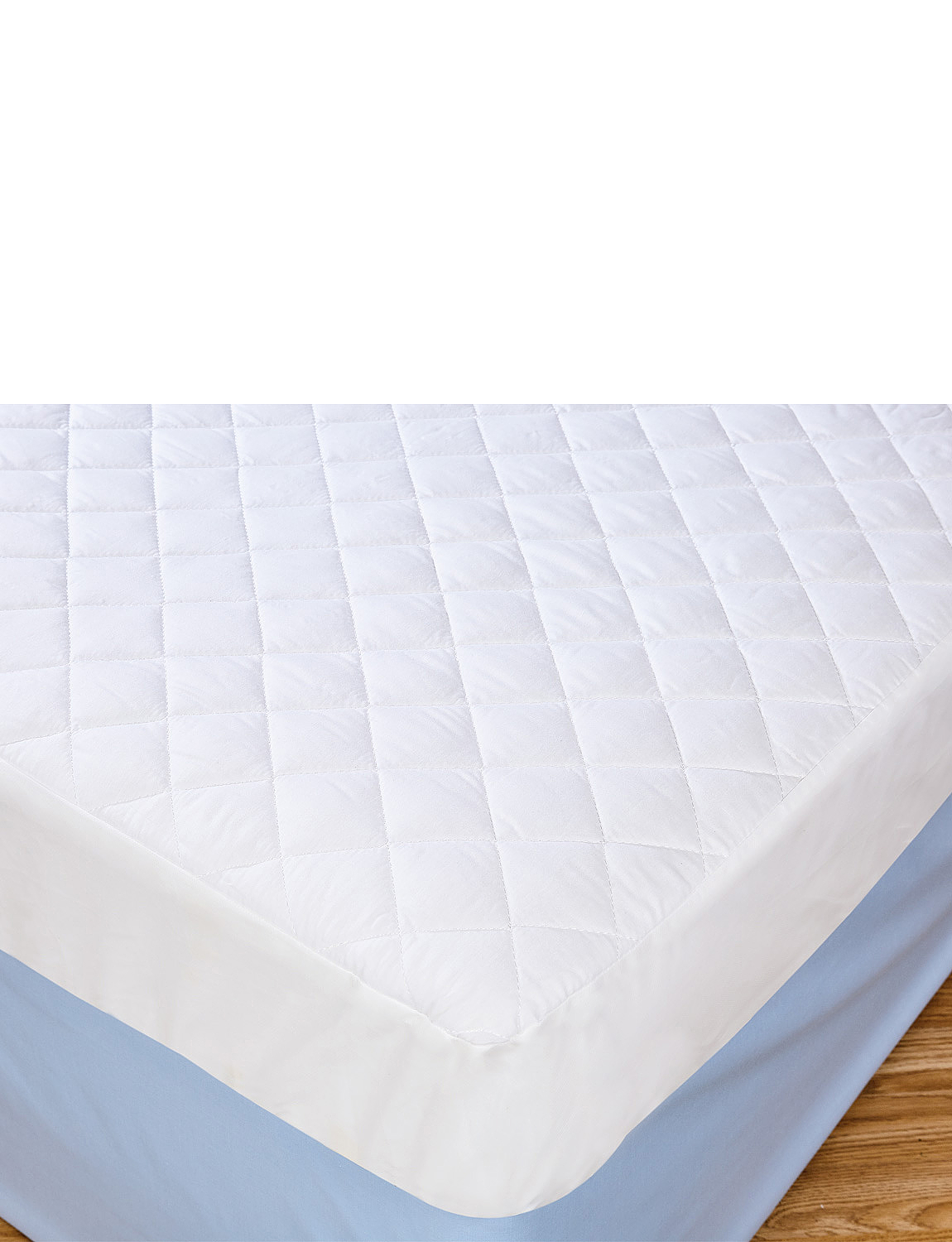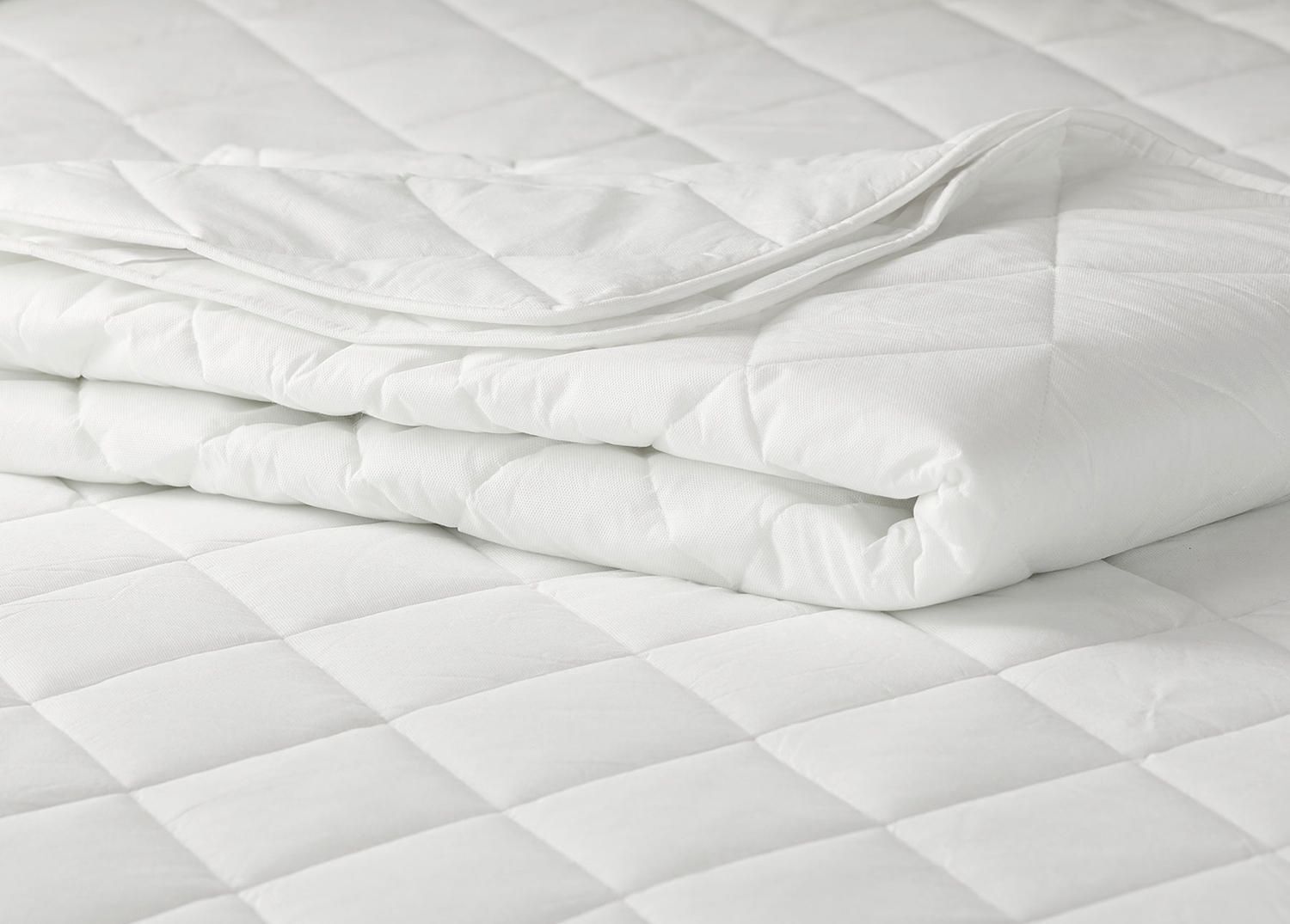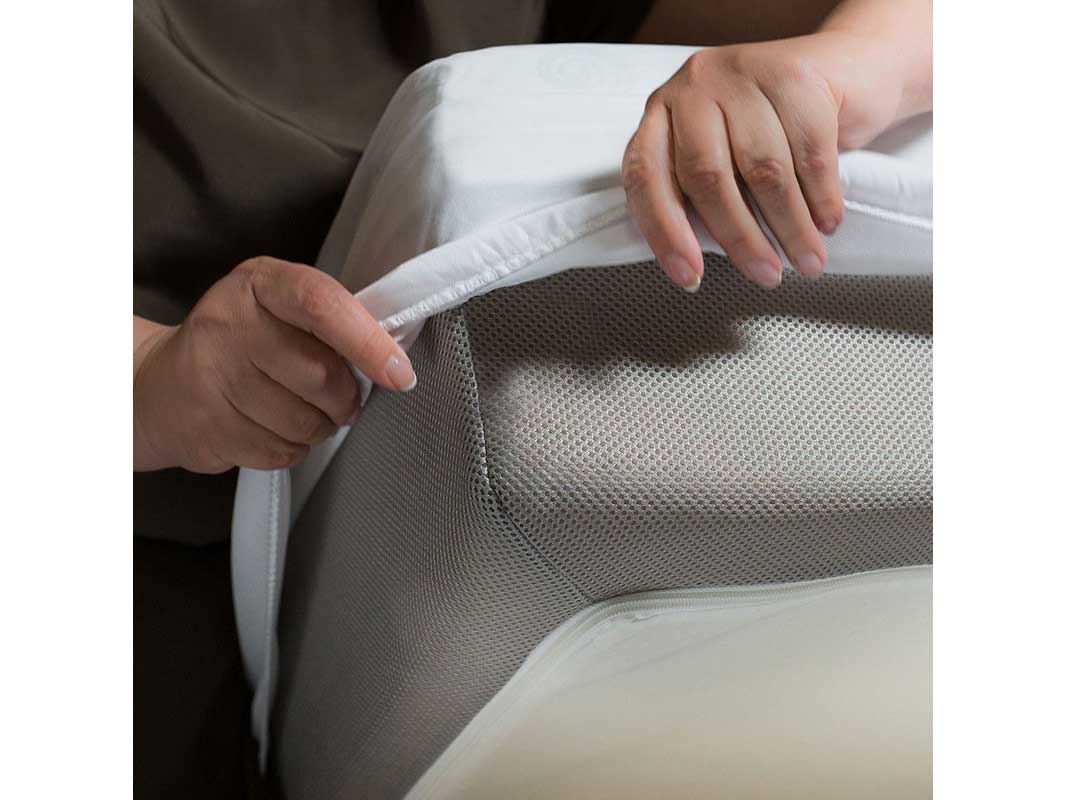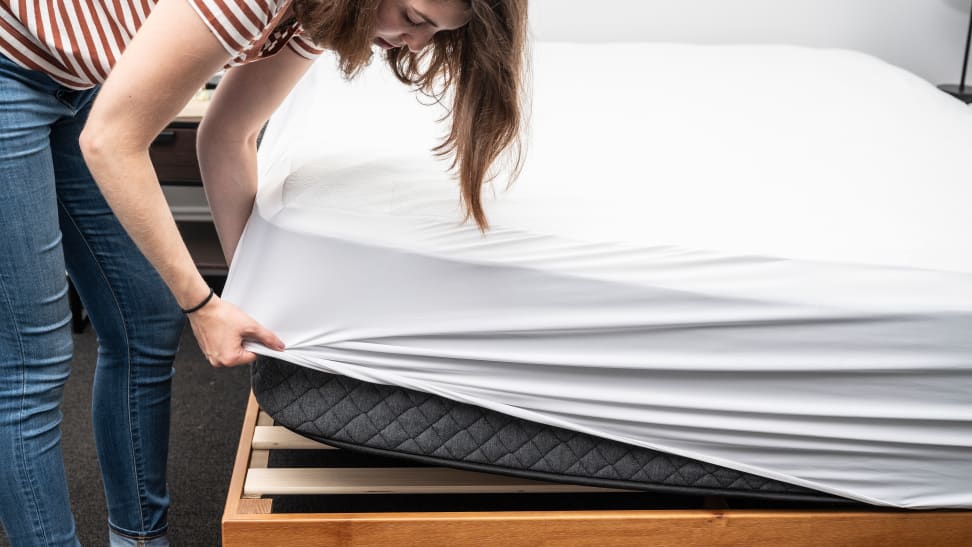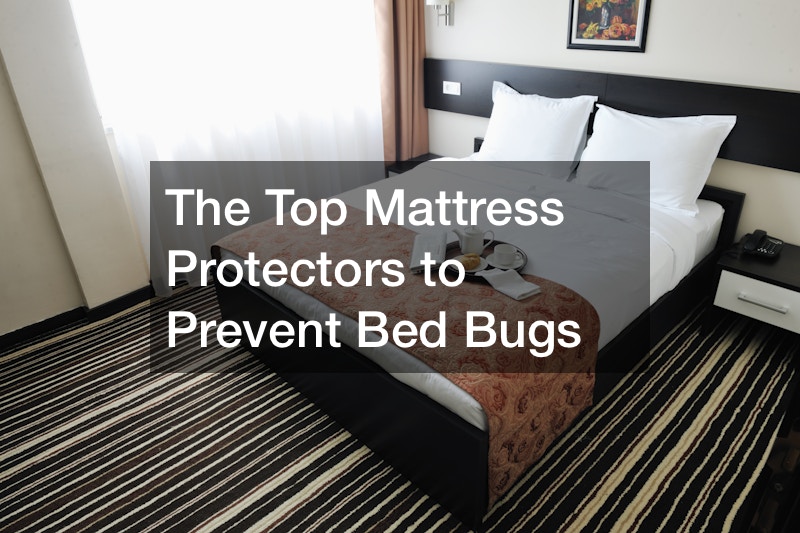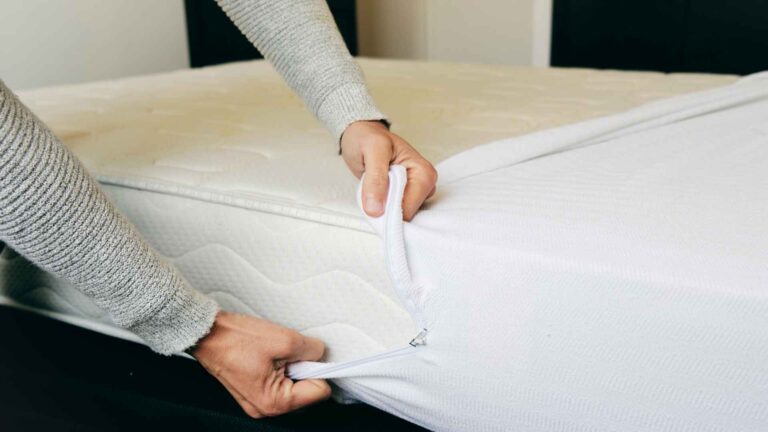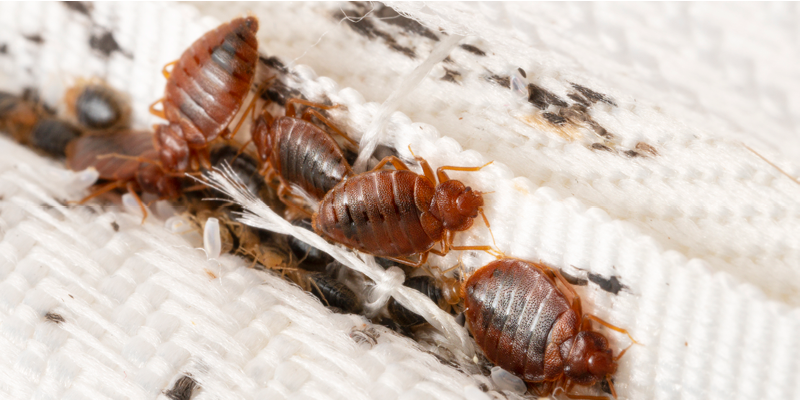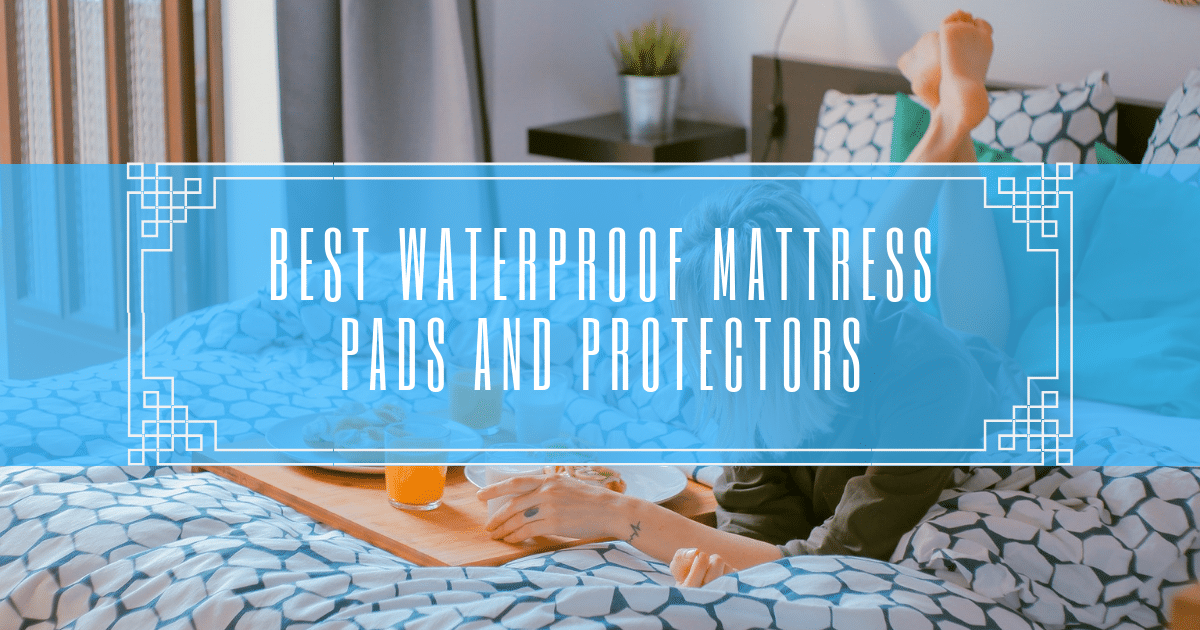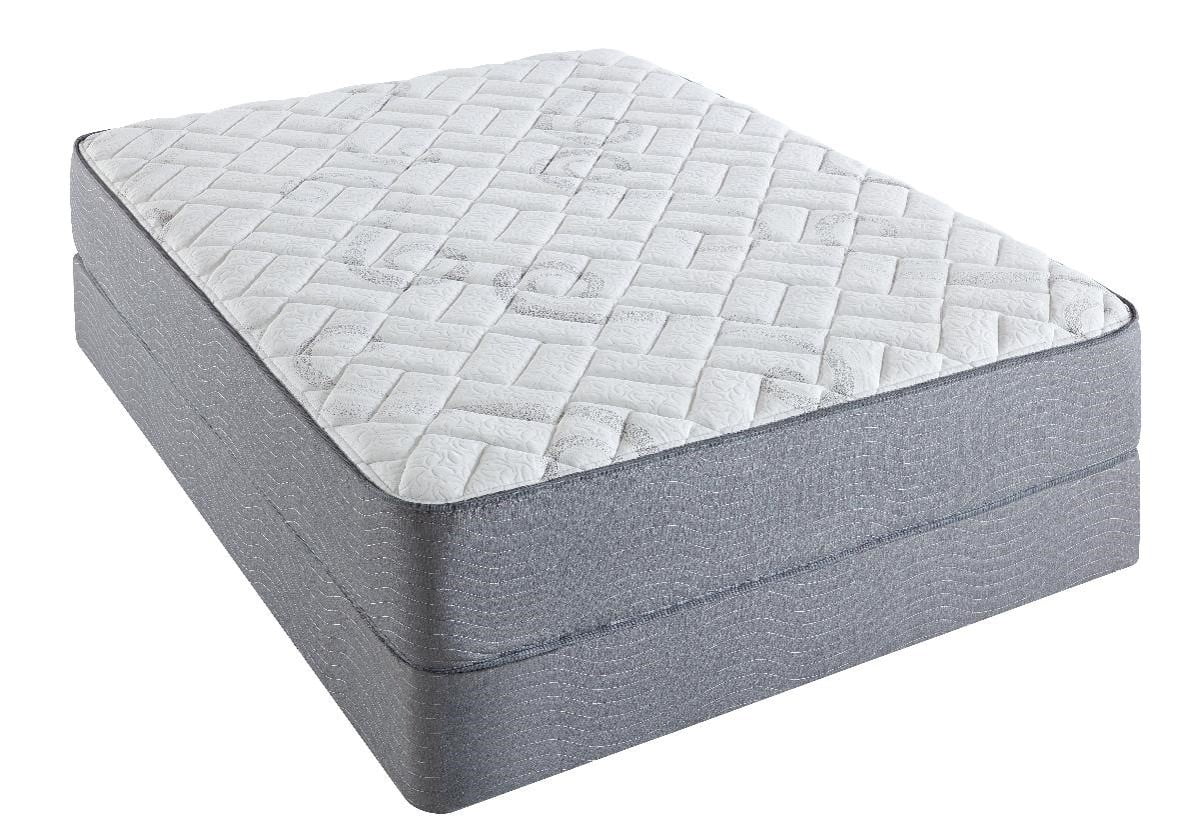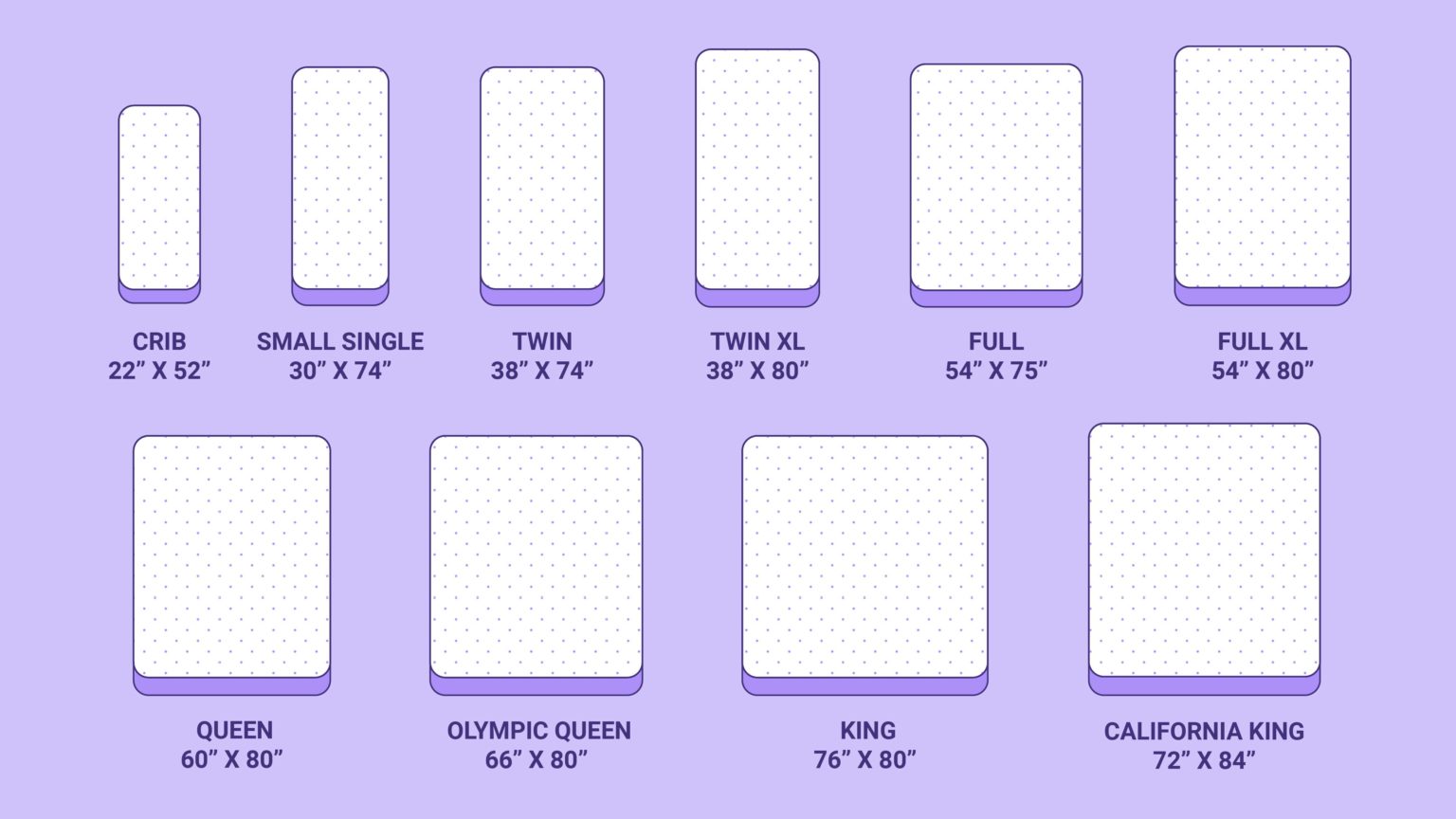Bed bugs are a common and persistent problem, and many people are looking for effective ways to get rid of them. One method that has become popular is the use of mattress protectors. But the question remains: do mattress protectors actually kill bed bugs? The short answer is no, mattress protectors do not kill bed bugs. However, they can be an effective tool in preventing and controlling bed bug infestations.1. Do Mattress Protectors Kill Bed Bugs?
While mattress protectors may not kill bed bugs, they can still be effective in preventing them from infesting your bed. Mattress protectors provide a barrier that makes it difficult for bed bugs to get to you while you sleep. This can help prevent bites and potential reactions to bed bug bites. Additionally, mattress protectors can also make it easier to spot and identify bed bugs. If bed bugs are present on your mattress, the protector can make it easier to spot them and take action before the infestation becomes worse.2. How Effective are Mattress Protectors Against Bed Bugs?
Mattress protectors are not a foolproof solution for preventing bed bugs, but they can be a helpful tool in preventing infestations. They can provide a physical barrier that makes it difficult for bed bugs to reach you, reducing the chances of a potential infestation. However, it's important to note that mattress protectors alone may not be enough to prevent bed bugs. It's important to also practice good hygiene and regularly inspect your mattress and bedroom for signs of bed bugs.3. Can a Mattress Protector Prevent Bed Bugs?
When it comes to choosing a mattress protector for bed bug prevention, there are a few factors to consider. Look for protectors that are specifically designed for bed bug protection and have a tight fit to prevent any gaps where bed bugs could enter. Encasement-style protectors that completely cover the mattress are also recommended, as they can prevent bed bugs from hiding in any crevices or seams in your mattress.4. What Type of Mattress Protector is Best for Bed Bug Prevention?
While there are no mattress protectors that are specifically designed to kill bed bugs, there are some that claim to have bed bug-killing properties. These protectors usually contain a layer of material that is treated with insecticides. However, it's important to use caution when considering these types of protectors. Some insecticides can be harmful to humans, and it's important to follow the manufacturer's instructions carefully.5. Are There Any Mattress Protectors Specifically Designed to Kill Bed Bugs?
As mentioned earlier, mattress protectors do not actually kill bed bugs. However, they can make it difficult for bed bugs to reach you while you sleep. The time it takes for a mattress protector to have an effect on bed bugs will depend on the level of infestation and the effectiveness of the protector. If you are using a protector with bed bug-killing properties, it may take a few days for the insecticide to take effect. But keep in mind that these protectors are not a substitute for professional bed bug treatment.6. How Long Does it Take for a Mattress Protector to Kill Bed Bugs?
There are some natural remedies that are believed to repel bed bugs, such as essential oils and diatomaceous earth. However, there is no evidence to suggest that these natural remedies can kill bed bugs. It's also important to note that natural remedies may not be as effective as professional bed bug treatment and should not be relied upon as the sole method of bed bug control.7. Are There Any Natural Mattress Protectors that Can Kill Bed Bugs?
While mattress protectors can be a helpful tool in preventing and controlling bed bugs, they should not be used as the sole method of bed bug control. It's important to also take other measures, such as regular cleaning and inspection of your mattress and bedroom, and seeking professional treatment if necessary. Using a mattress protector as the sole method of bed bug control can give a false sense of security and may not effectively eliminate an infestation.8. Can a Mattress Protector be Used as a Standalone Method for Bed Bug Control?
To get the most out of your mattress protector in preventing bed bugs, it's important to follow some best practices. Make sure to regularly inspect your protector for any signs of bed bugs, such as dark spots or tiny blood stains. It's also a good idea to regularly wash and dry your protector on high heat to kill any potential bed bugs. And, if you are using a protector with bed bug-killing properties, make sure to follow the manufacturer's instructions carefully.9. What are the Best Practices for Using a Mattress Protector to Prevent Bed Bugs?
There have been some studies and research on the effectiveness of mattress protectors against bed bugs. One study found that encasement-style protectors were effective in trapping bed bugs and preventing them from reaching the mattress. However, more research is needed to determine the overall effectiveness of mattress protectors in preventing and controlling bed bugs. It's always best to use a combination of methods for bed bug control to ensure the best results.10. Are There Any Studies or Research on the Effectiveness of Mattress Protectors Against Bed Bugs?
How a Mattress Protector Can Help Eliminate Bed Bugs in Your Home

The Problem with Bed Bugs
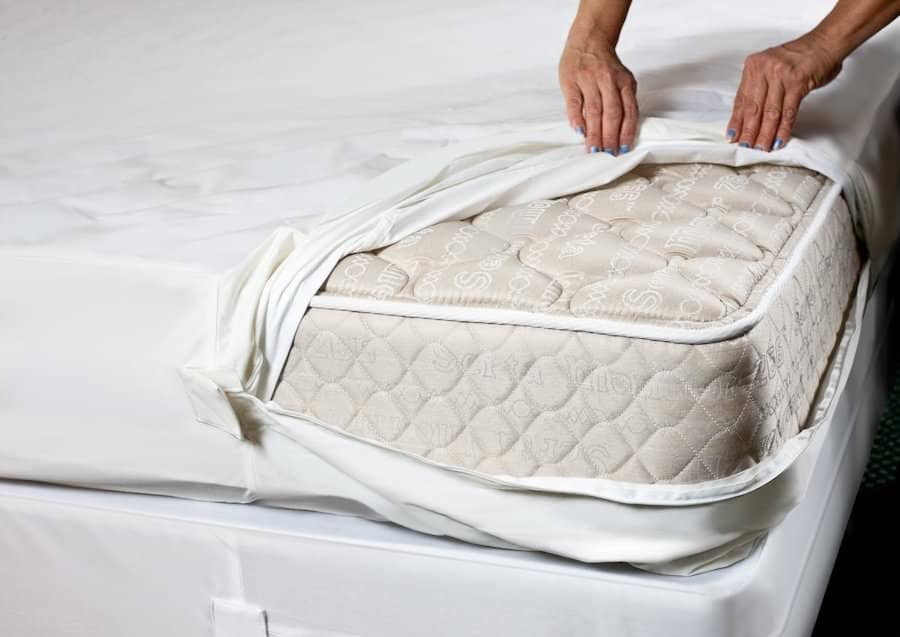 Bed bugs are a common household pest that can cause a lot of problems for homeowners. These small, reddish-brown insects feed on human blood and can easily infest your bedding, furniture, and other belongings. Once they invade your home, they can be difficult to get rid of and can cause itchy bites, skin irritation, and even allergic reactions.
Bed bugs are a common household pest that can cause a lot of problems for homeowners. These small, reddish-brown insects feed on human blood and can easily infest your bedding, furniture, and other belongings. Once they invade your home, they can be difficult to get rid of and can cause itchy bites, skin irritation, and even allergic reactions.
The Importance of Protecting Your Mattress
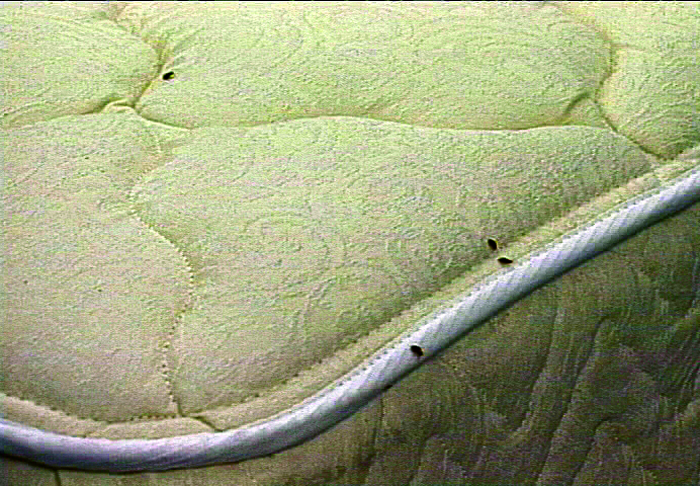 One of the main ways that bed bugs enter your home is through infested mattresses. This is because mattresses provide the perfect hiding and breeding place for these pests. Mattresses offer warmth, darkness, and easy access to their food source – you. That's why it's crucial to protect your mattress from bed bugs, and a mattress protector can help you do just that.
One of the main ways that bed bugs enter your home is through infested mattresses. This is because mattresses provide the perfect hiding and breeding place for these pests. Mattresses offer warmth, darkness, and easy access to their food source – you. That's why it's crucial to protect your mattress from bed bugs, and a mattress protector can help you do just that.
How Mattress Protectors Work
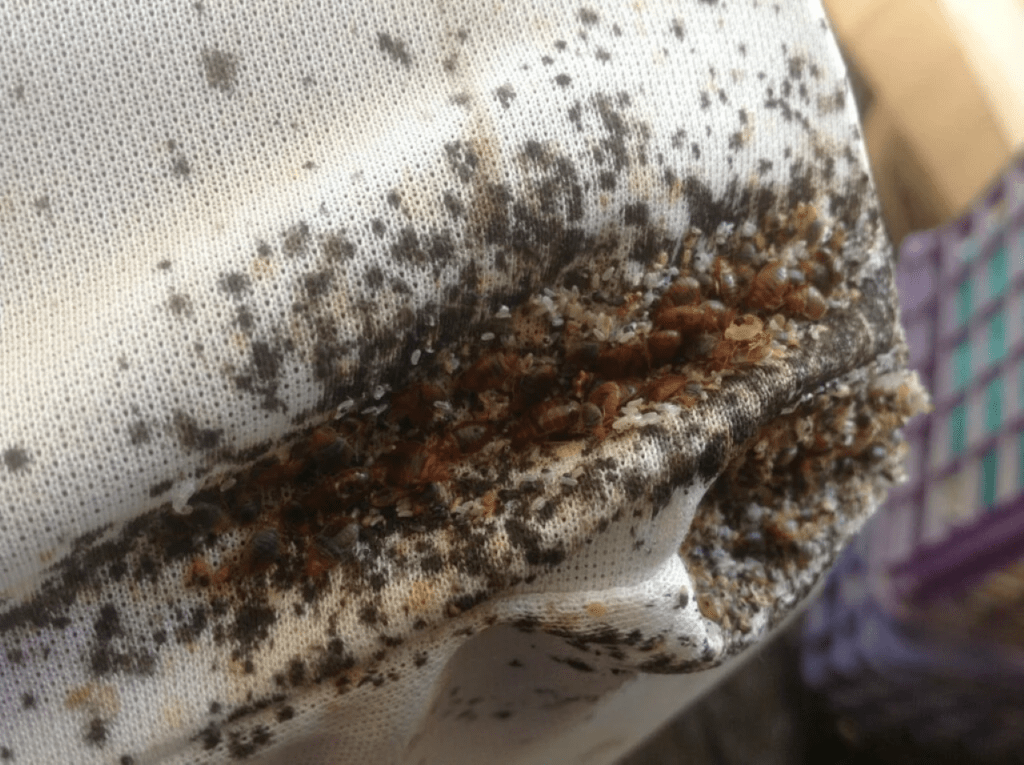 A mattress protector is a thin, waterproof cover that fits over your mattress like a fitted sheet. It acts as a barrier between you and your mattress, preventing any bed bugs that might be hiding inside from coming into contact with you. The protector's tight weave also makes it difficult for bed bugs to penetrate and infest your mattress. This makes it an effective way to prevent bed bug infestations or to eliminate them if you already have them.
A mattress protector is a thin, waterproof cover that fits over your mattress like a fitted sheet. It acts as a barrier between you and your mattress, preventing any bed bugs that might be hiding inside from coming into contact with you. The protector's tight weave also makes it difficult for bed bugs to penetrate and infest your mattress. This makes it an effective way to prevent bed bug infestations or to eliminate them if you already have them.
The Benefits of Using a Mattress Protector
 Aside from protecting you from bed bugs, a mattress protector offers other benefits as well. It can help extend the life of your mattress by preventing spills, stains, and other damage. It also provides a waterproof barrier that can protect against accidents and spills, making it especially useful for children's beds or for those with pets.
Aside from protecting you from bed bugs, a mattress protector offers other benefits as well. It can help extend the life of your mattress by preventing spills, stains, and other damage. It also provides a waterproof barrier that can protect against accidents and spills, making it especially useful for children's beds or for those with pets.
Choosing the Right Mattress Protector
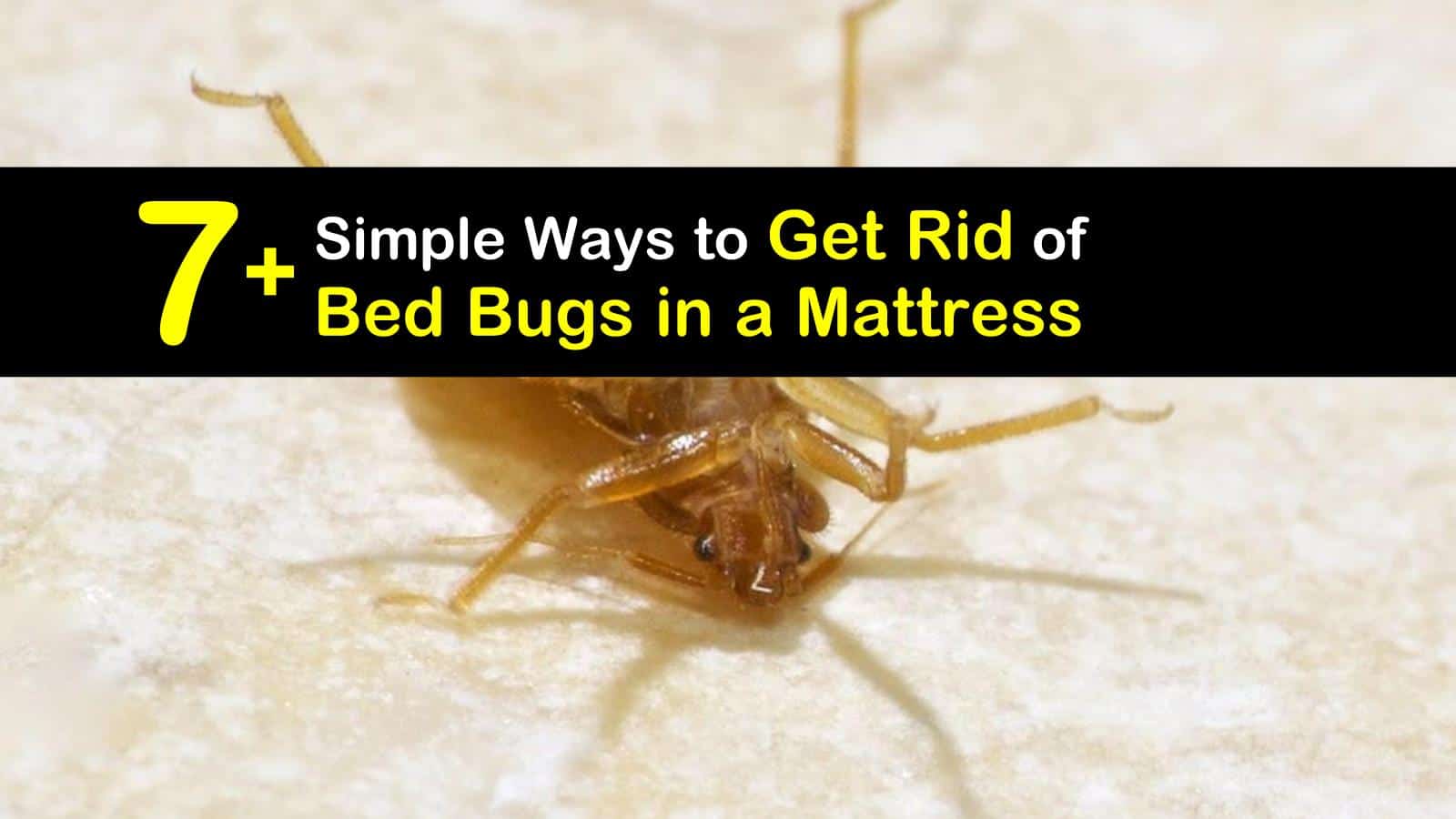 When it comes to selecting a mattress protector to help eliminate bed bugs, there are a few things to keep in mind. Look for a protector that is specifically designed to be bed bug-proof, with a tight weave and a zipper closure to fully encase your mattress. Consider a hypoallergenic protector if you have allergies or sensitive skin.
It's also important to regularly wash and dry your protector on high heat to kill any bed bugs or their eggs that may be hiding inside.
When it comes to selecting a mattress protector to help eliminate bed bugs, there are a few things to keep in mind. Look for a protector that is specifically designed to be bed bug-proof, with a tight weave and a zipper closure to fully encase your mattress. Consider a hypoallergenic protector if you have allergies or sensitive skin.
It's also important to regularly wash and dry your protector on high heat to kill any bed bugs or their eggs that may be hiding inside.
Conclusion
 In conclusion, a mattress protector can be a valuable tool in the fight against bed bugs in your home. It provides a physical barrier that can prevent bed bugs from infesting your mattress and can also help extend its lifespan. By choosing the right protector and regularly washing and drying it, you can effectively eliminate bed bugs and protect your mattress for years to come. Don't let bed bugs take over your home – invest in a mattress protector today.
In conclusion, a mattress protector can be a valuable tool in the fight against bed bugs in your home. It provides a physical barrier that can prevent bed bugs from infesting your mattress and can also help extend its lifespan. By choosing the right protector and regularly washing and drying it, you can effectively eliminate bed bugs and protect your mattress for years to come. Don't let bed bugs take over your home – invest in a mattress protector today.





